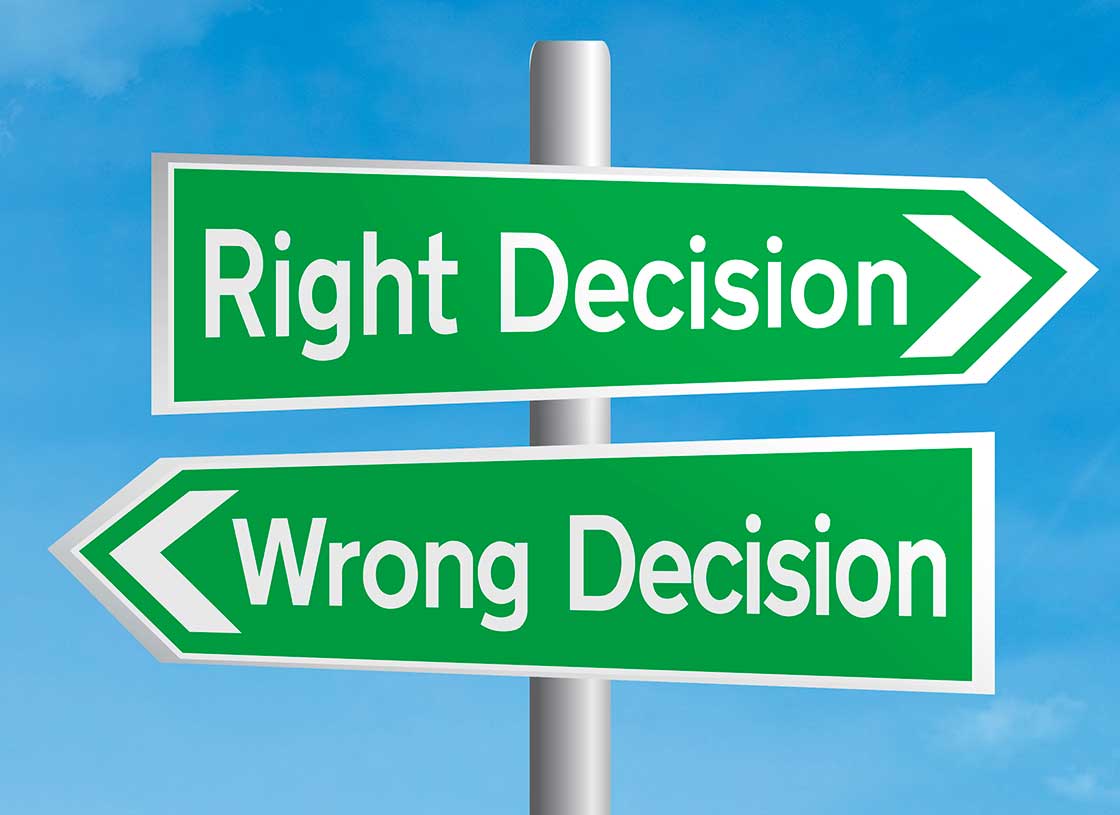Any kid awaiting a request to be fulfilled knows that there’s a world of difference between “We will” and “we’ll see.” So do your customers. Customer service is hardly limited to the technical skills necessary to install or repair equipment, but is at its core a communication program that is strengthened or weakened by your choice in words.
When making a sales proposal, saying “investment” is better than saying “purchase” because it aligns with the idea that you are presenting value, not price. Similarly, saying, “If you will give us the OK to take care of this for you,” feels less intimidating and more helpful to the listening ear than “Sign here.”
There are also dozens of other word choices you can make as you set appointments, run calls and follow-up with customers and build your relationships. Generally, the words you are looking for are positive, upbeat, action-oriented and, when needed, empathetic. For example, which sounds better: “Absolutely!” or “Possibly.” Hint: Whoever thinks customers are interested in statistical possibilities missed the training about providing reassurance that supports their buying decision.
Which would you choose between these two options: “How may I be of help?” or “What’s the problem?” Hint: You don’t want to give the impression to your customers that they are a problem. You are here to solve their problem. By the same token, when an issue has been resolved and your customer says “thank you,” which do you think sounds better: “My pleasure.” Or “No problem.” Hint: Whoever it was that first started saying “no problem” instead of “you’re welcome” has unleashed a self-indulgent phrase that, for the record, is not a customer service savvy term.
And when solving a problem, saying, “I am sorry for this inconvenience” is much preferred over “These things happen.”

